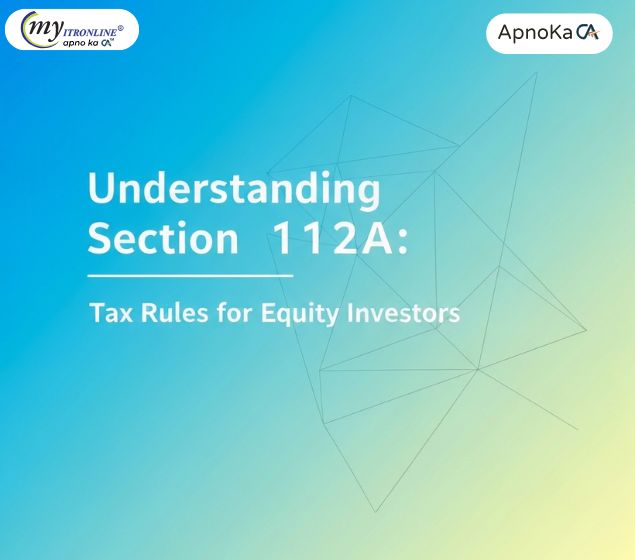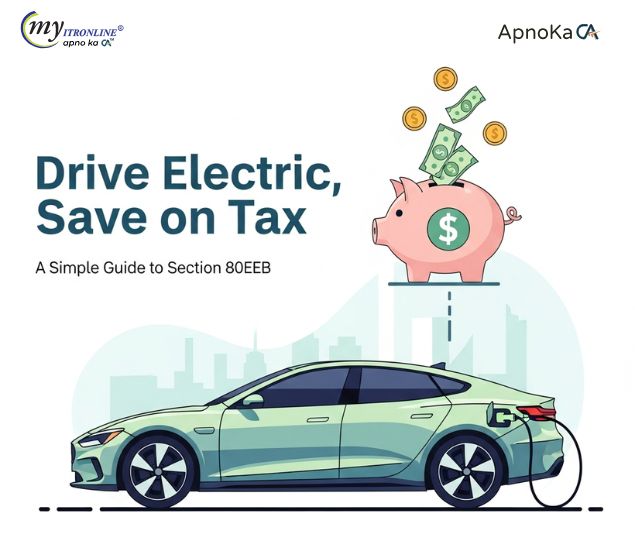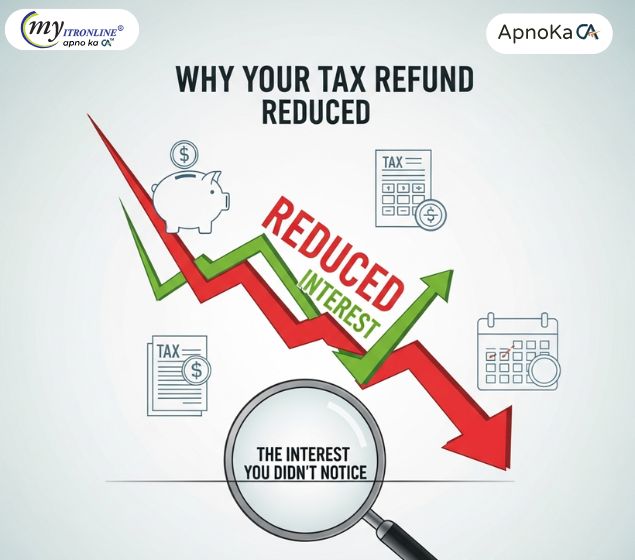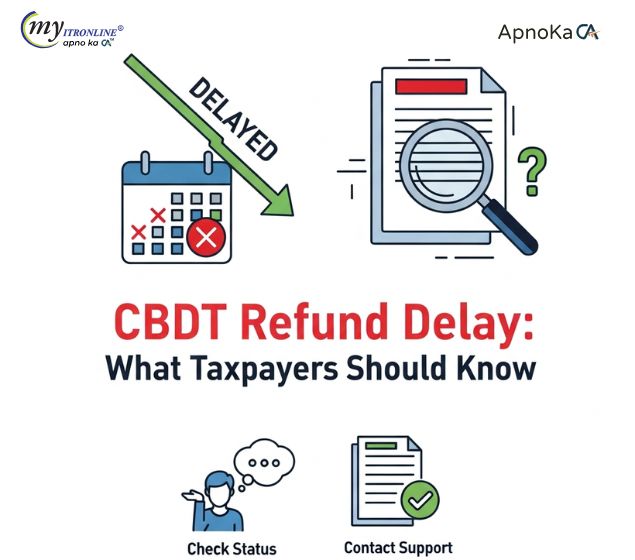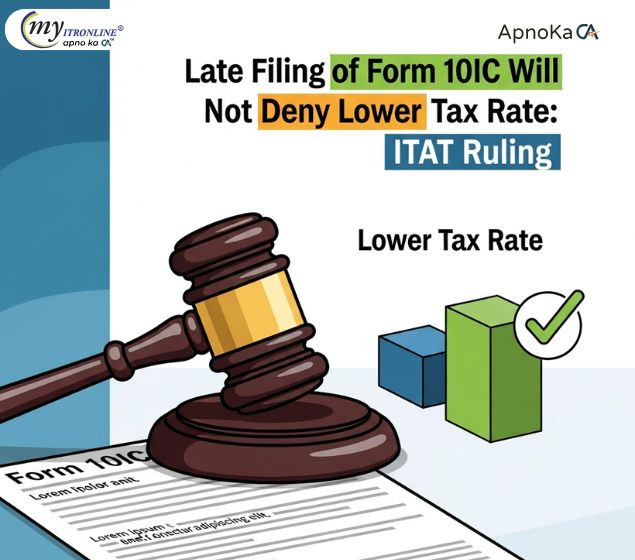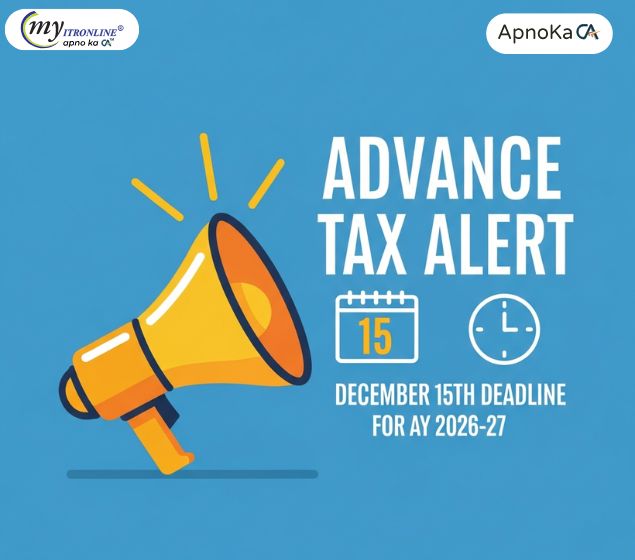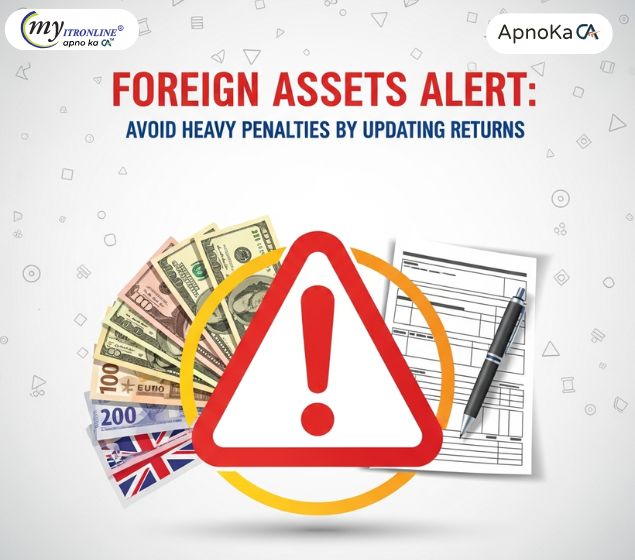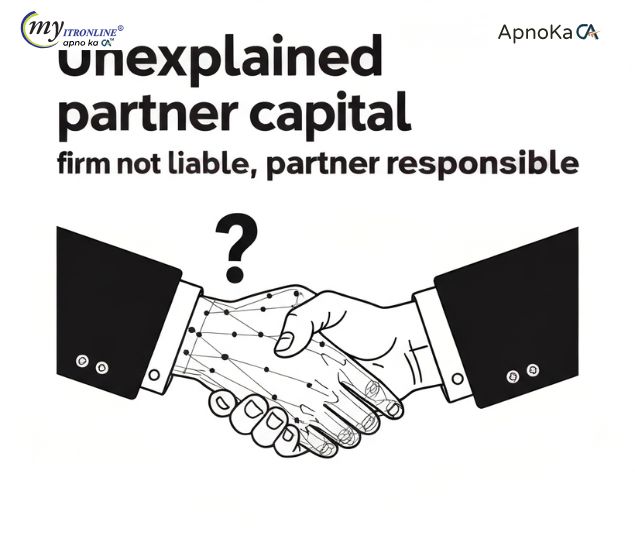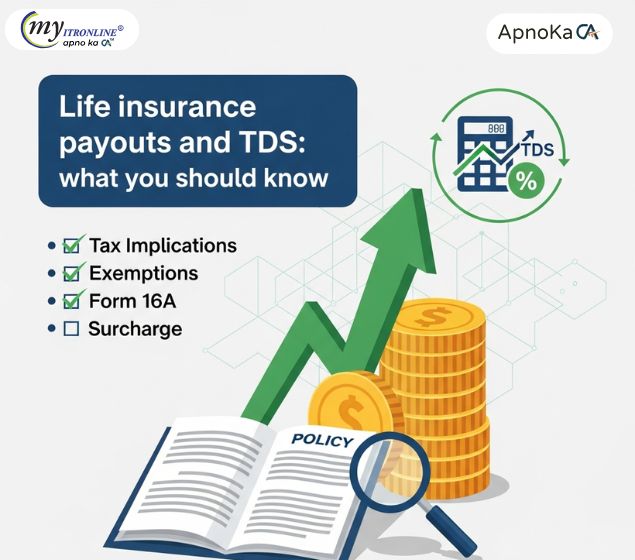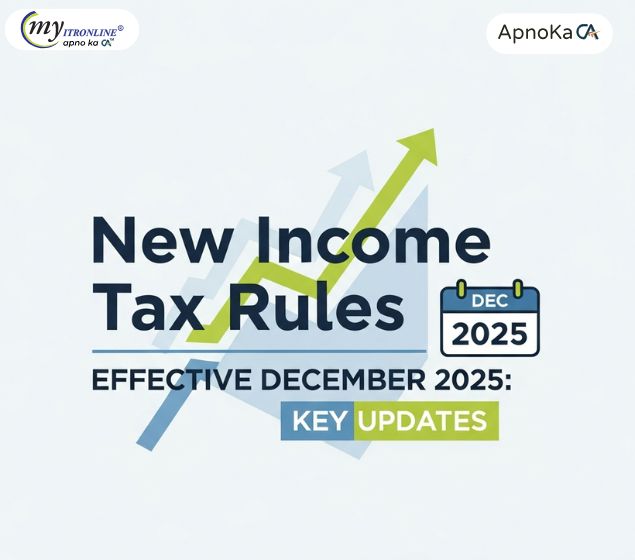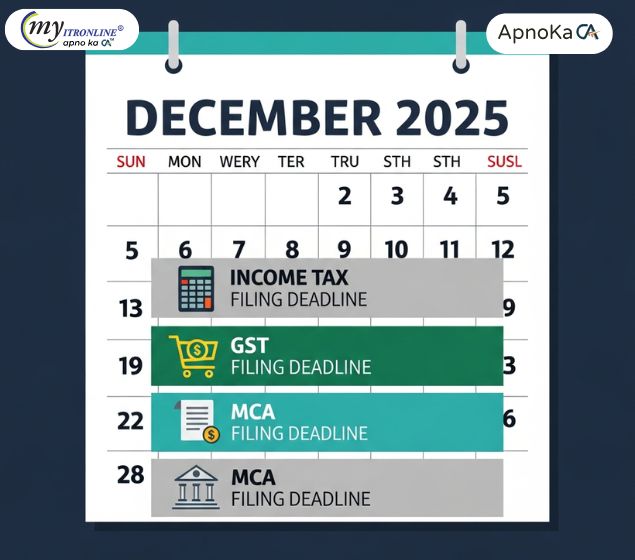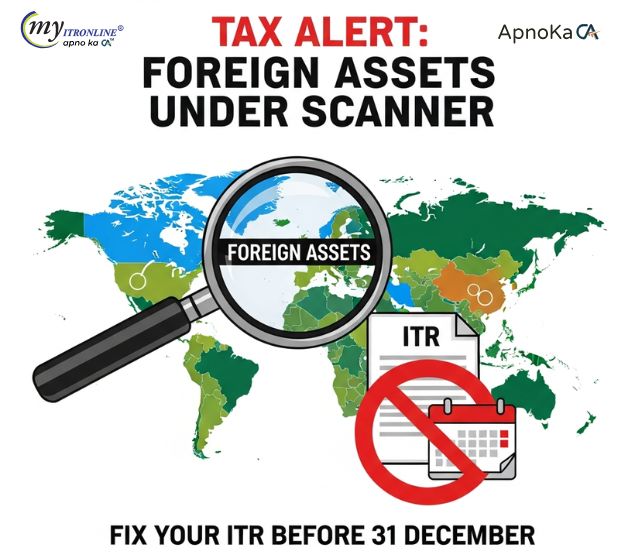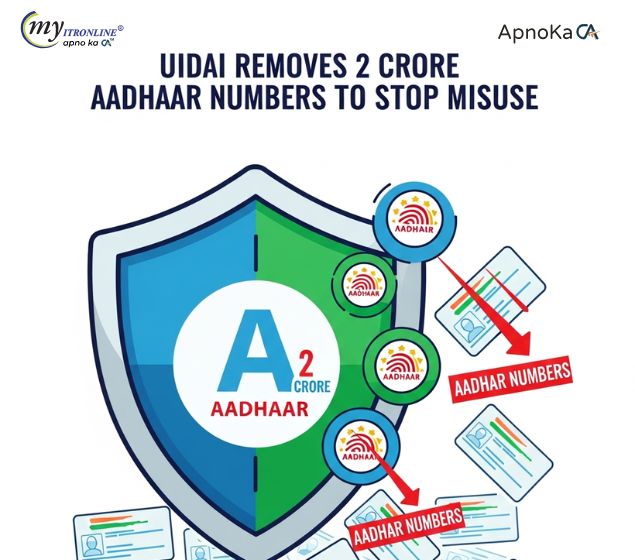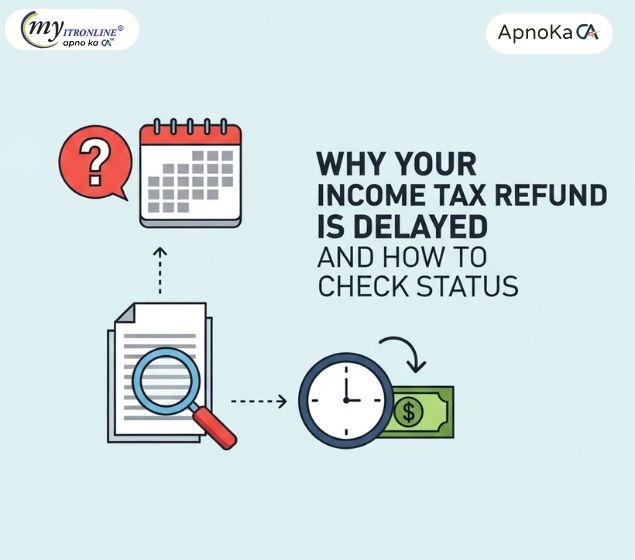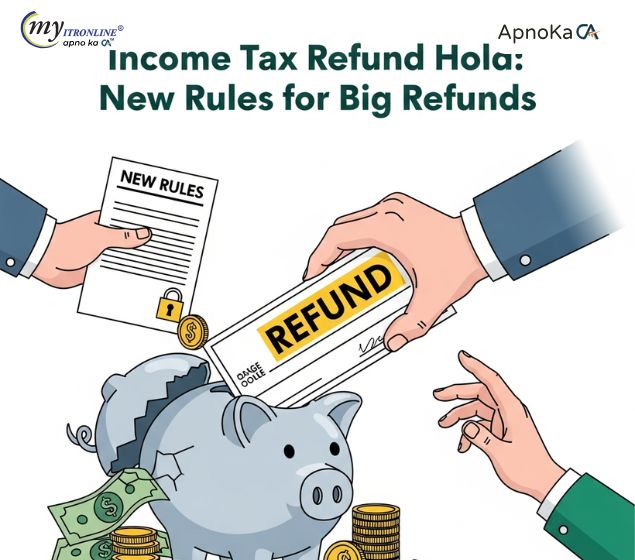Understanding Section 37: Clarified Rules on Business Expense Disallowances
This blog post examines the clarified disallowances under Section 37(1) of the Income Tax Act following the Finance Act 2022 amendment to Explanation 1. It details how expenses related to illegal activities, penalties, compounding fees, prohibited benefits/perks (like certain freebies), and violations of foreign laws are now more explicitly non-deductible, emphasizing the need for businesses to ensure compliance and maintain thorough documentation.
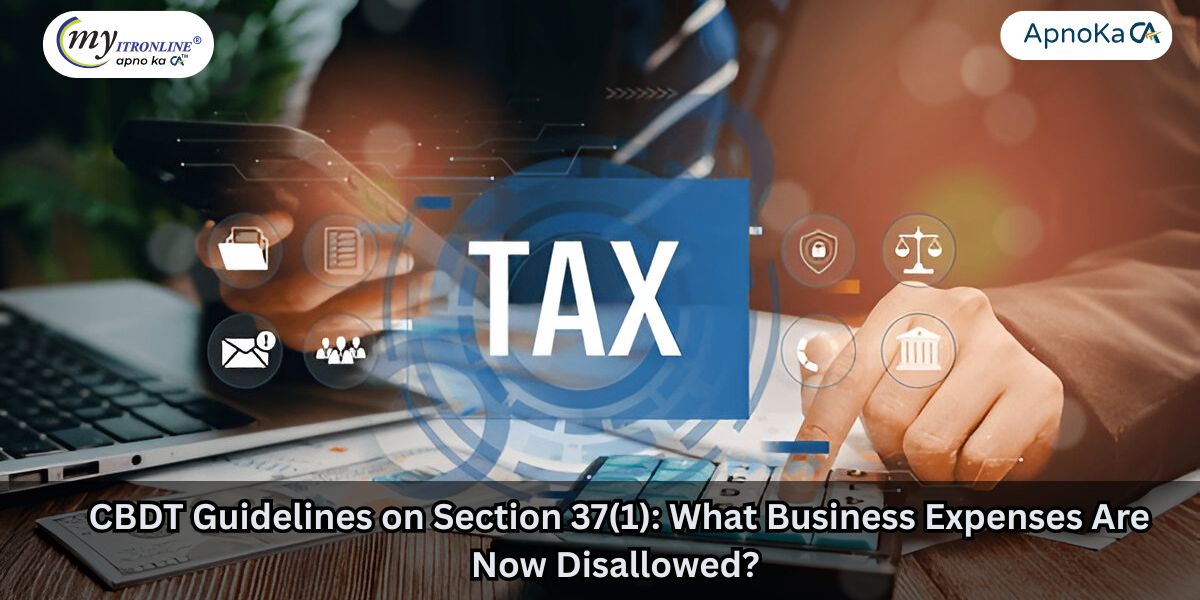
Revisiting Section 37 Disallowances: Insights from Recent CBDT Guidelines on Business Expenses
For businesses in India, it is essential to accurately report legitimate expenses against their income for proper tax calculation. Section 37(1) of the Income Tax Act, 1961, is fundamental in this regard, permitting deductions for revenue costs incurred entirely and solely for business or professional endeavors. Nevertheless, this section has its limitations. Over the years, its interpretation and associated amendments have refined its application, especially relating to expenses connected to activities that may be illegal or prohibited by law.
A noteworthy clarification was introduced through the Finance Act, 2022, which revised Explanation 1 to Section 37(1). This revision, along with continuous interpretations, has reinforced the disallowance of various expenditures. This blog entry will explore these clarified "new" disallowances under Section 37, assisting businesses in navigating compliance more effectively.
Grasping Section 37(1): The Fundamental Rule
Section 37(1) permits a deduction for any expense (excluding capital expenditure or personal costs) that is laid out or incurred entirely and solely for the purposes of the business or profession. This section serves as a catch-all, covering expenses not specifically mentioned in Sections 30 to 36 of the Act.
However, this section has always included specific conditions, especially clarifying what cannot be classified as expenditure for business purposes.
The Major Change: Finance Act, 2022 and Explanation 1
The significant change came with the modification of Explanation 1 to Section 37(1) by the Finance Act, 2022. This amendment was applied retrospectively starting April 1, 2022 (Assessment Year 2022-23).
Before the Amendment: Explanation 1 indicated that any expenditure made for purposes that are deemed an offence or are prohibited by law shall not be recognized as having been made for business or professional reasons. Ambiguity existed around its scope, particularly concerning compounding fees or violations under foreign laws.
After the Amendment (Finance Act, 2022): The amendment clarified that the term "expenditure incurred... for any purpose which is an offence or which is prohibited by law" shall include, and shall always be construed to have included, expenses incurred:
- For any purpose that constitutes an offence under laws of India or outside India.
- For any purpose that is prohibited by law, within India or beyond.
- To provide any benefit or perquisite (in cash or kind) to a person, where the acceptance of such benefit/perquisite violates any law, rule, regulation, or guideline governing the conduct of that individual (e.g., providing freebies to doctors in contravention of IMC regulations).
- To settle an offence under any law, both in India and abroad.
What Does This Imply? Recently Clarified Disallowances
The amendment from the Finance Act 2022 did not necessarily create entirely new categories that were previously unconsidered, but it certainly clarified and expanded the range of disallowed expenses under Section 37(1), eliminating ambiguities that had been exploited in past legal disputes. Key expenses now explicitly disallowed include:
Expenses for Illegal Activities: Any costs associated with operating a business or activity deemed unlawful under Indian or foreign law.
Penalties & Fines for Legal Violations: Any payment made as a fine or penalty for violating any law, regulation, or rule, whether within India or abroad. This categorically prohibits claiming deductions for such payments, irrespective of the terms used (fine, penalty, etc.).
Revised Disallowances: Payments made to resolve or settle an offence under any law (whether Indian or foreign) are now clearly prohibited. This changes previous views that considered compounding fees not to be "penalties" in a strict sense.
Unlawful Benefits/Perquisites: Costs associated with providing benefits or perquisites (such as gifts, travel allowances, hospitality) to anyone (for instance, doctors, government officials) are disallowed if accepting these benefits breaches applicable laws or professional conduct standards for the recipient. The CBDT Circular No. 5/2023 also offered comprehensive insights into the TDS implications (u/s 194R) concerning such perquisites, reaffirming the principle of disallowance when they transgress norms like the Indian Medical Council regulations.
Bribes and Kickbacks: While these are broadly recognized as non-deductible, the expansive language regarding "offences" and "prohibited activities" reinforces the prohibition on such payments.
Key Distinction: CSR Expenditures (Explanation 2)
It’s essential to differentiate these disallowances from Corporate Social Responsibility (CSR) expenditures. Explanation 2 to Section 37(1) clearly states that spending on CSR activities, as mentioned in Section 135 of the Companies Act, 2013, will not be classified as business-related expenditure, thus being disallowed under Section 37. This forms a distinct, specific disallowance.
Implications and Insights for Businesses
Heightened Examination: Tax authorities are likely to examine expense claims more thoroughly, especially those that may fall under the newly clarified Explanation 1.
Importance of Documentation: Keeping detailed documentation that explains the nature and purpose of all expenses is more essential than ever.
Reassess Expense Policies: Companies, particularly those functioning internationally or in regulated industries (such as Pharmaceuticals), should reassess their expense and benefit guidelines to confirm they align with these clarified regulations.
No Deductions for "Settlements": Payments made to resolve offences or fix violations are categorically non-deductible for tax purposes.
Violations of Foreign Laws: Expenses linked to breaches of foreign laws are also included, which affects businesses operating globally.
Summary
The amendment to Section 37(1) in the Finance Act, 2022, has notably clarified the legislative intent regarding the disallowance of expenses related to unlawful or prohibited activities. While it does not introduce entirely novel concepts, it extends the reach to encompass violations of foreign laws, compounding fees, and benefits that contravene rules of conduct for recipients, leaving minimal room for uncertainty. Companies must ensure their expense claims align with these clarified standards to prevent disallowances, fines, and possible legal disputes. Whenever there is uncertainty regarding the deductibility of a specific cost, it is recommended to seek advice from a qualified tax professional.
Disclaimer
This blog article provides general information based on the Income Tax Act, 1961, and related CBDT explanations as of April 29, 2025. It is not meant to serve as professional tax guidance. Please consult a qualified tax advisor for tailored advice related to your situation.
FILING YOUR INCOME TAX RETURN F.Y 2024-25 (A.Y. 2025-2026) WITH MYITRONLINE
The income tax filing deadline is right around the corner. If you haven’t filed yet, do it today with Myitronline! Avoid last minute rush and file your tax return today on MYITRONLINE in Just 5 mins.(www.myitronline.com)
If you are looking for eCA assistance to file your income tax return/ GST, you can opt for MYITRONLINE eCA assisted plan starting
Upload Salary Individual Form-16
If you have any questions with filing your tax return, please reply to this mail. info@myitronline.com OR call 9971055886,8130309886.
Note-All the aforementioned information in the article is taken from authentic resources and has been published after moderation. Any change in the information other than fact must be believed as a human error. For queries mail us at marketing@myitronline.com
Krishna Gopal Varshney
An editor at apnokacaKrishna Gopal Varshney, Founder & CEO of Myitronline Global Services Private Limited at Delhi. A dedicated and tireless Expert Service Provider for the clients seeking tax filing assistance and all other essential requirements associated with Business/Professional establishment. Connect to us and let us give the Best Support to make you a Success. Visit our website for latest Business News and IT Updates.
Leave a reply
Your email address will not be published. Required fields are marked *Share this article
Krishna Gopal Varshney, Founder & CEO of Myitronline Global Services Private Limited at Delhi. A dedicated and tireless Expert Service Provider for the clients seeking tax filing assistance and all other essential requirements associated with Business/Professional establishment. Connect to us and let us give the Best Support to make you a Success. Visit our website for latest Business News and IT Updates.
View articles








